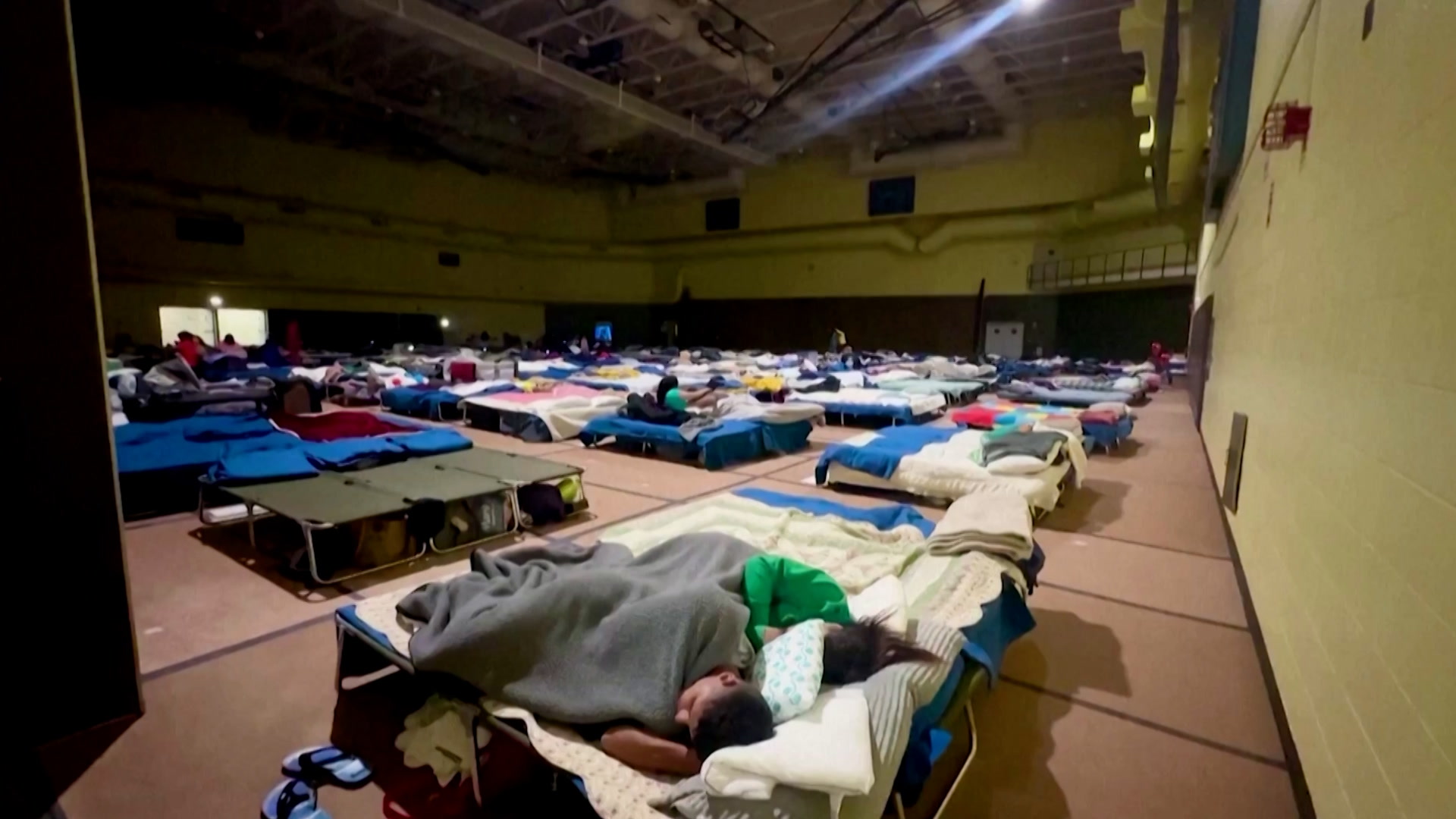Juneteenth is now a US federal holiday - here's what you need to know

An illustration depicting a white Union soldier reading the Emancipation Proclamation to an enslaved family. Image: Reuters

Get involved with our crowdsourced digital platform to deliver impact at scale
Stay up to date:
Human Rights
- Juneteenth marks the unofficial end to slavery in America. It is a day of celebration and remembrance across the country.
- Congress has approved a bill to make Juneteenth, on 19 June, a federal holiday.
- It's the first new federal holiday since Martin Luther King Jr. Day was created in 1983.
- Here's what you need to know about the history of Juneteenth.
For more than a century and a half, annual celebrations have been held across the United States on 19 June to mark the end of slavery, a date known as Juneteenth.
And now Juneteenth is officially a federal holiday, as Congress has approved a bill to commemorate it.
On June 16, 2021, the House voted 415 to 14 to make Juneteenth a federal holiday, taking the total number to 12, reports AP. President Joe Biden is now expected to sign it into law.
It's the first time in almost 40 that a new federal holiday in the US has been created - the last one was Martin Luther King Jr. Day in 1983.
“Our federal holidays are purposely few in number and recognize the most important milestones,” said Rep. Carolyn Maloney, D-N.Y. “I cannot think of a more important milestone to commemorate than the end of slavery in the United States.”
The history of Juneteenth
President Abraham Lincoln’s Emancipation Proclamation officially outlawed slavery in America on 1 January 1863, but it took a further two and a half years of civil war for slaves to finally gain their freedom.
The original Juneteenth – a portmanteau of the words June and 19th – celebration took place in Galveston, Texas, in 1865.
As Union forces overwhelmed the Confederate army, southern slave-owning states like Alabama, Mississippi and Louisiana fell. But many southern planters were reluctant to liberate their slaves and resisted the Union’s advance, with some making agreements to release their captive labour after the crop harvest and others fleeing west to then-lawless Texas, taking their slaves with them.
Following the surrender of Confederate forces under General Robert E Lee, with many slaves still unaware of their legal right to freedom, Union soldiers visited plantations to help liberate the remaining captives.
What's the World Economic Forum doing about diversity, equity and inclusion?
Juneteenth marks the day that Union General Gordon Granger arrived in Galveston to spread the word that the war was over and emancipate the last of those enslaved in Texas. Although the state’s slaves were not the last to be liberated in the country.
Border states still in the Union at that time were exempt from the emancipation order, leaving enslaved people to endure a further six months of forced servitude until slavery was formerly abolished with the ratification of the 13th Amendment to the constitution on 18 December 1865.
Many African Americans remained bonded to plantation owners as tenant farmers, or sharecroppers, long after slavery was abolished however. Despite being legally free, for many ex-slaves leaving their former plantation could be a dangerous venture.

Juneteenth National Independence Day
The celebrations that followed the events in Galveston laid the foundations of today’s annual festivities marking the end of slavery, which were carried across America as liberated slaves migrated. Juneteenth is both a day of celebration and a day of remembrance for the suffering borne of the slave era.
From private family events to large commemorative parades, that day in Texas is marked across the US, emulating many of the traditions started by the newly freed slaves, such as readings of Lincoln’s proclamation of emancipation, sharing cuisines specific to African Americans and holding religious services.
Texas declared Juneteenth a statewide holiday in 1980, setting a precedent for 46 other states and the District of Columbia to follow - and now it's a federal holiday.
In 2020, Juneteenth celebrations came as a wave of protests swept America in the wake of the death of George Floyd, which refocused attention on racial inequalities that still persist more than a century and a half after the abolition of slavery.
Companies including Twitter, Nike and the NFL all declared Juneteenth a paid holiday.
The new federal holiday will be known as Juneteenth National Independence Day.
Happy Juneteenth.
Don't miss any update on this topic
Create a free account and access your personalized content collection with our latest publications and analyses.
License and Republishing
World Economic Forum articles may be republished in accordance with the Creative Commons Attribution-NonCommercial-NoDerivatives 4.0 International Public License, and in accordance with our Terms of Use.
The views expressed in this article are those of the author alone and not the World Economic Forum.
The Agenda Weekly
A weekly update of the most important issues driving the global agenda
You can unsubscribe at any time using the link in our emails. For more details, review our privacy policy.
More on Human RightsSee all
John Letzing and Minji Sung
April 9, 2024
Marie McAuliffe
April 8, 2024
Liam Coleman
March 7, 2024
Kate Whiting
July 12, 2023
Christa Odinga-Svatenson and Diana Alvarez
June 20, 2023







